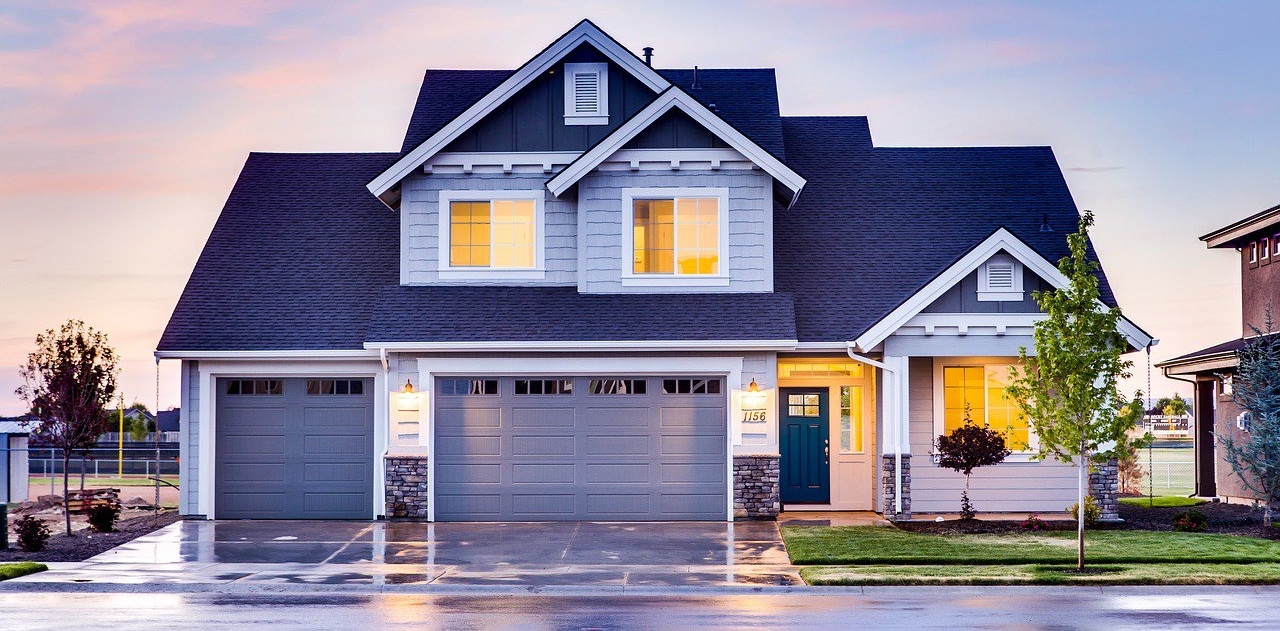How Student Loans Are Killing the Middle-Class Dream
My parents purchased their first home when my mom was 28—a small, brick ranch with a sunken den where I watched "Little House on the Prairie" and snuggled with my baby sister. By the time I was eight years old, we'd upgraded to a split level on a quiet cul-de-sac. My mom was 31. My dad was 36.
According to the American Dream—that ubiquitous mantra that says we should all be doing better than our parents—I should've bought a bigger and fancier home than my parents' first house when I was in my mid-twenties. Instead, I didn't buy my first home until I was 33. And that was only possible because I married someone without debt.
The truth is, most of us aren't surpassing our parents. In fact, we often feel like we're lagging behind. So what's holding us back?
Student loans or a down payment?
A recent article in the New York Times sets it out pretty clearly. National student loan debt has risen from $241 million in 2003 to approximately $1.4 billion in 2018. It doesn't take a college education to realize that an increase like that will have a serious impact on the financial futures of individual borrowers—and on the population as a whole.
So what does the American Dream look like for student loan borrowers?
Rebecca Wills is one of the people profiled in the Times article. She is 28, has paid $30,000 in student loan payments since she graduated, and can't image how she and her fiancé might ever have enough to buy a home.
Adrienne Naylor is 34, has almost $300,000 in student loan debt, and lives in a 2-bedroom apartment with two college students in Cambridge, Massachusetts. At a home-buying seminar, she learned that the average price of a condo in her area is $800,000.
Matthew McCabe is 40 and still owes over $80,000 on his student loans. The loan forgiveness he was relying on didn't pan out, and he can't envision ever affording a home on his educator's salary.
According to data from the Federal Reserve Bank of New York, student debt is a significant reason for the drop in homeownership among those 28-30 years old. If you graduated with student debt, you're less likely to own a home by the time you're 33 than your debt-free colleagues.
The financial crisis
We can't completely single out student loans, though. The financial crisis also has a role to play. Many parents who imagined they'd be able to help with the costs of education—or a house down payment—were instead laid off, finding themselves without the discretionary income to provide assistance.
Graduates faced a job market with fewer open positions and lower salaries. Borrowers with PhDs took jobs as waiters and house cleaners while they searched for positions that would allow them to use their education and make a little more cash.
Some of them were able to keep up loan payments while being underemployed. Others were not able to stay current on their loans, adding penalties and unchecked interest to their already burdensome loan balances.
See also: 3 Reasons Millennials Got Shortchanged with Student Loans
So going to college (and perhaps graduate school)—those choices that you believed meant you'd be well prepared for the adult life you saw your parents enjoy—may have instead left you chasing a dream that seems completely out of reach.
Rent versus buy? The question is moot for many people in our generation. If you can hardly manage your monthly bills, forget about ever saving enough to make a down payment on a home.
Steps you can take
After reading that bleak picture, we could all use a little time curled up on the couch nursing our dashed hopes.
Take a breather. Grab a pint of ice cream and grieve the loss of that image of your future—the one where you bought a cute little house with a picket fence when you were 25 and a vacation cabin on the lake by the time you were 40.
You can't solve the student loan crisis, and you can't make your student loans disappear. But there are things you can do to help claim your piece of the American Dream.
1. Refinance your student loans. The average borrower who refinances lowers their payments by $253 a month or $16,183 over the life of the loan.
2. Pay your loans off faster. Definitely easier said than done, but you can take inspiration from people who've done it.
3. Apply to win a scholarship towards your student loans.
4. Change your payment schedule. Making biweekly instead of monthly payments can help you pay your loans off in less time without impacting your day-to-day budget.
5. Ask for a raise. You might be surprised when you get it. Then put that extra money straight toward your student loan payments.
Whether homeownership is in your plans or not, taking positive action to reduce your debt will help you secure a stronger financial future. Finding out how to save on your student loans is a great place to start.

